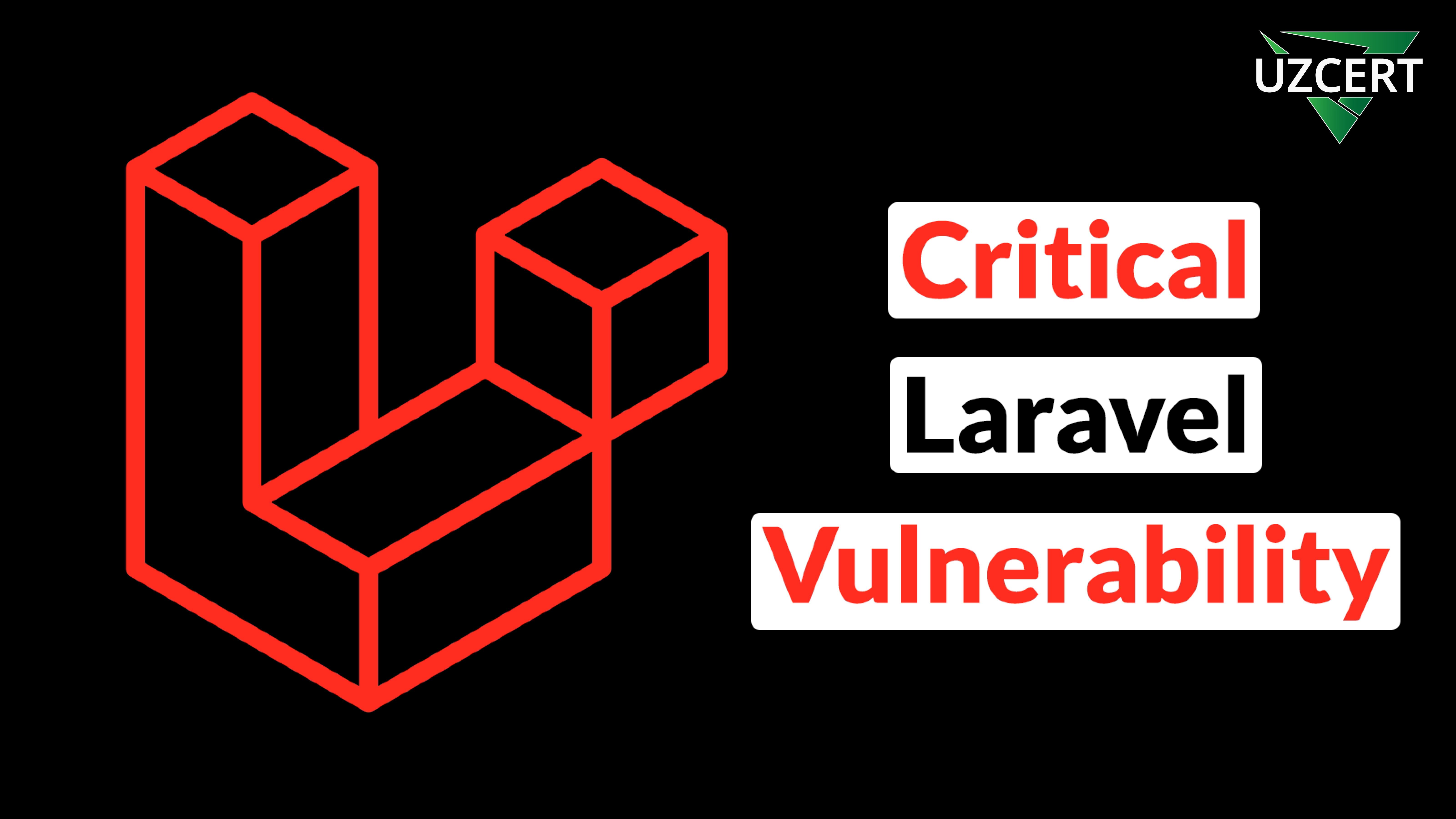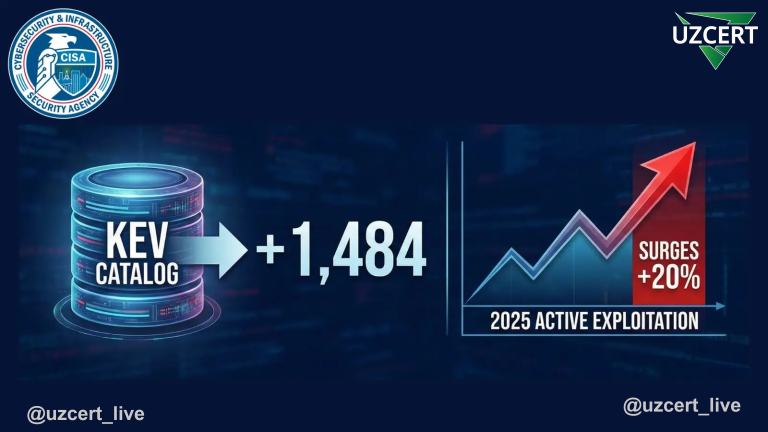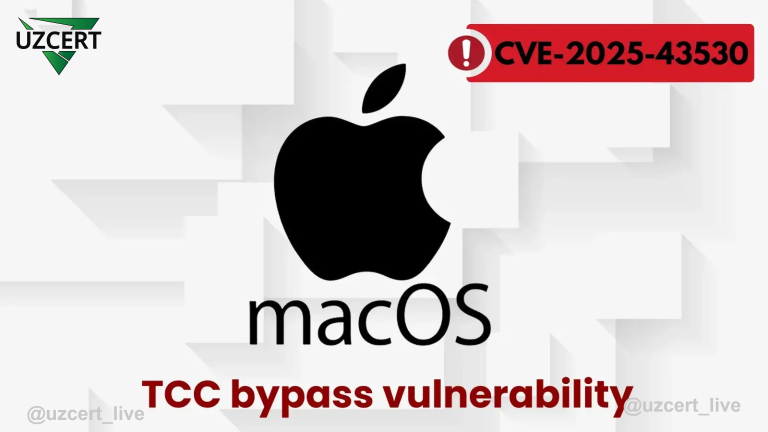
A critical vulnerability discovered in the Laravel framework opens the door for hackers to gain unauthorized access.
A newly discovered critical vulnerability in the Laravel framework, identified as CVE-2024-52301, has raised significant concerns among web developers. This vulnerability potentially allows attackers to gain unauthorized access to applications built on Laravel, threatening the security of data and system integrity.
CVE-2024-52301 arises from Laravel’s mishandling of user-supplied data. The vulnerability is particularly dangerous when combined with a specific PHP configuration setting, namely the register_argc_argv directive set to “on.” In such a case, attackers can manipulate URL query strings to affect the environment used by the framework during request handling.
Affected Versions:
- Versions below 6.20.45
- 7.0.0 to 7.30.7
- 8.0.0 to 8.83.28
- 9.0.0 to 9.52.17
- 10.0.0 to 10.48.23
- 11.0.0 to 11.31.0
Potential Exploitation Risks:
- Unauthorized access to sensitive data.
- Privilege escalation.
- Data manipulation or alteration.
- Increased risk of further system compromise.
Due to the widespread use of Laravel, this vulnerability can potentially impact numerous websites globally.
The Laravel team swiftly responded by issuing security updates that now ignore the argv values for environment detection in non-CLI environments, effectively closing the vulnerability.
Key Details of the Vulnerability:
- CVE ID: CVE-2024-52301
- Severity: High
- CVSS Score: 8.7
- Attack Vector: Network
- Attack Complexity: Low
Laravel users are strongly advised to update their installations to the latest secure versions immediately.
To protect against similar vulnerabilities in the future, developers should:
- Regularly update all software components, including frameworks and libraries.
- Implement strict input validation and sanitization.
- Review and harden PHP configurations, disabling unnecessary features.
- Use continuous monitoring and vulnerability scanning tools.
- Foster a security-first mindset within development teams.
The discovery of CVE-2024-52301 highlights the ongoing security challenges in web development. While Laravel has provided a fix, the incident underscores the importance of staying vigilant, keeping software updated, and adhering to security best practices. As the digital landscape continues to evolve, so must our approach to safeguarding web applications and the sensitive data they handle.



